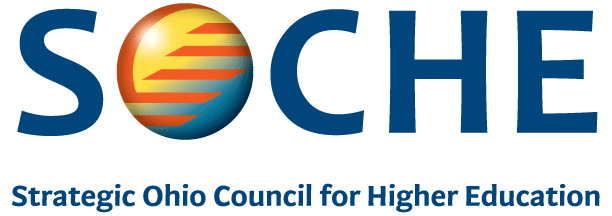Diversity and inclusion have always been at the forefront of Clark State College’s priorities and are boldly affirmed in its mission statement: “To engage and empower diverse learners by providing high-quality educational programs and services that emphasize student and community success.”
While continuing to pursue and create opportunities to expand diversity initiatives, Clark State College was accepted into the Achieving the Dream (ATD) cohort in 2020. Dr. Tiffany Hunter, provost and vice president of academic affairs, said the work through ATD would allow Clark State to delve deeper into its data and determine the best course of action for supporting students as they pursue their educational and career goals. The College initially identified equity gaps, including by race, age, and socioeconomic status, but would like to continue the work on how to close equity and achievement gaps.
Clark State’s Diversity Committee is currently engaged in making sweeping changes and updates to the institution’s Diversity, Equity, and Inclusion Strategic Plan. The College’s Diversity, Equity, and Inclusion Plan for 2020 and Beyond was developed by the Diversity Committee. The committee incorporated input from the college community to provide a definition for diversity that will be a guide for how Clark State will engage with and respect others.
The DEI Plan is aligned with the College’s overall strategic plan, as well as its strategic enrollment management plan. The work of Dr. Clyde Pickett, a consultant to the College on diversity, equity, and inclusion, and the framework of Transformational Leadership were integral to the formulation of the DEI plan, as well.
Clark State’s DEI plan has five strategic goals:
Goal #1 – Communications and Marketing: Effectively communicate with all Clark State Community College Board Members, employees, students, the public, and external partners, including employers, that the College adheres to and embraces the principles of diversity, equity, and inclusion, by standardizing that message in all publications, materials, websites, and other media.
Goal #2 – Human Resources and Professional Development: Actively recruit and hire individuals from diverse backgrounds for faculty, staff, and administrative positions, and develop and implement strategies to retain personnel from diverse backgrounds. Develop and deliver diversity, equity, and inclusion professional development training for all faculty, staff, and administrators.
Goal #3 – Student Services: Actively recruit, retain, and support students who represent diverse populations while providing the assistance they need to reach their goals.
Goal #4 – Academic Programs and Support Services: Evaluate the current and ongoing infusion of diversity issues into curricular programs and encourage the development and strengthening of focus areas around inclusion and equity, where needed.
Goal #5 – Community Outreach: Position Clark State Community College as a catalyst to strengthen connections throughout the region and community that increase access for diverse populations to the arts, education opportunities, and community and cultural experiences while promoting and demonstrating increased cultural, gender, and ethnic diversity.
“Diversity, equity, and inclusion is student success at Clark State,” said Dr. Jo Alice Blondin, president of Clark State. “Our College strives to be a leader in welcoming students and helping them reach their education and training goals. We recognize that any institution is stronger because of the diversity of its faculty, staff, and students.”


